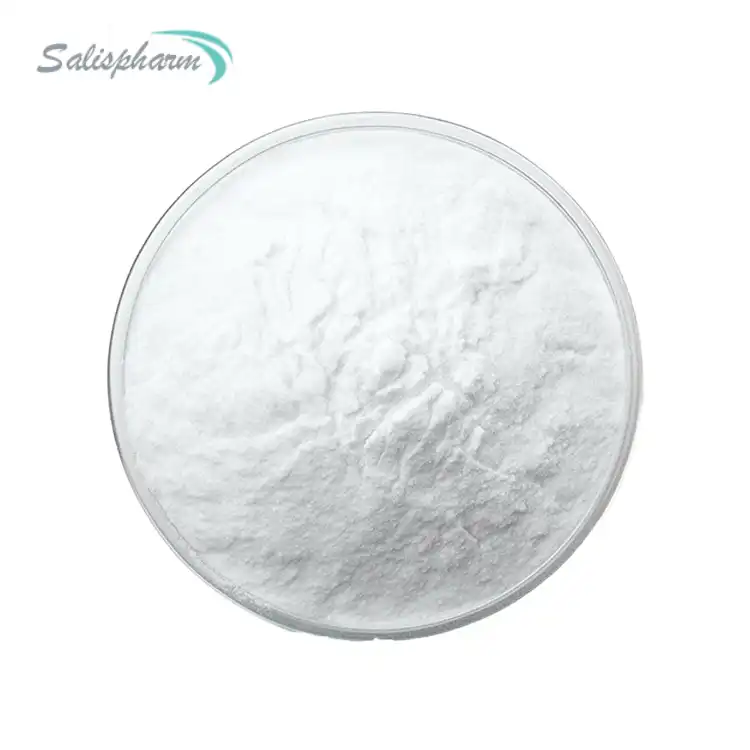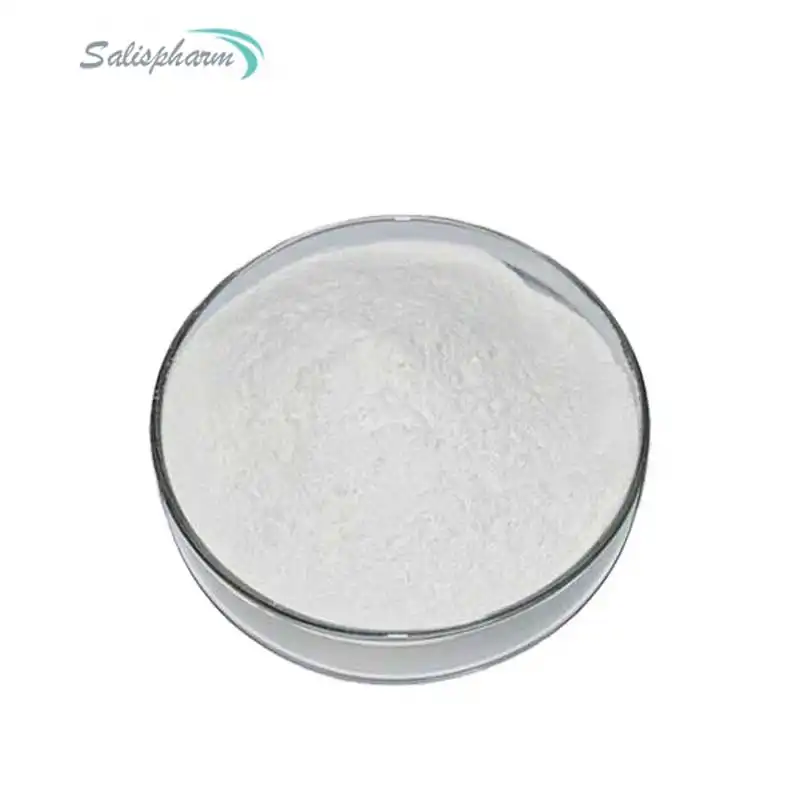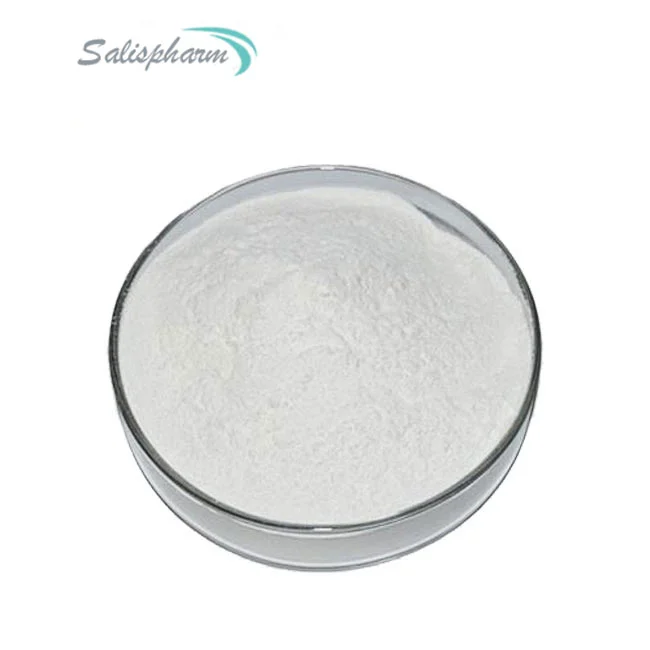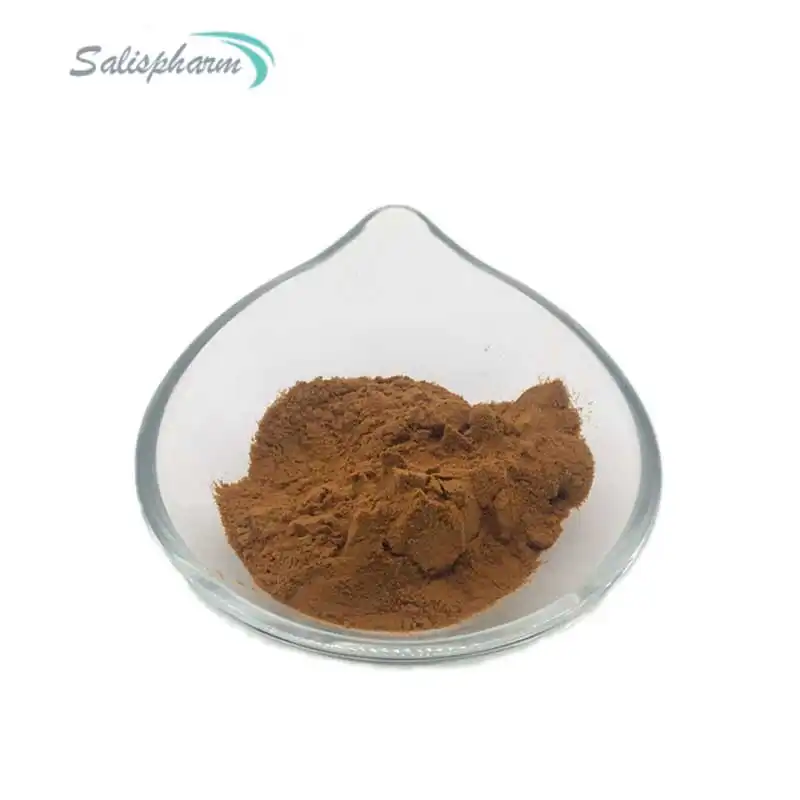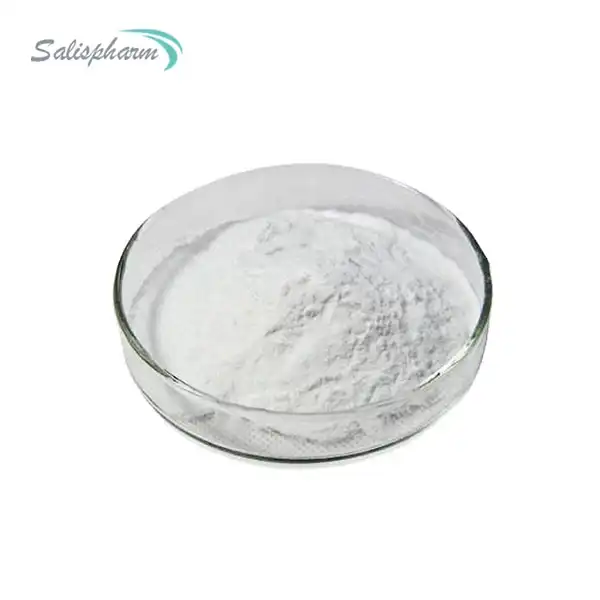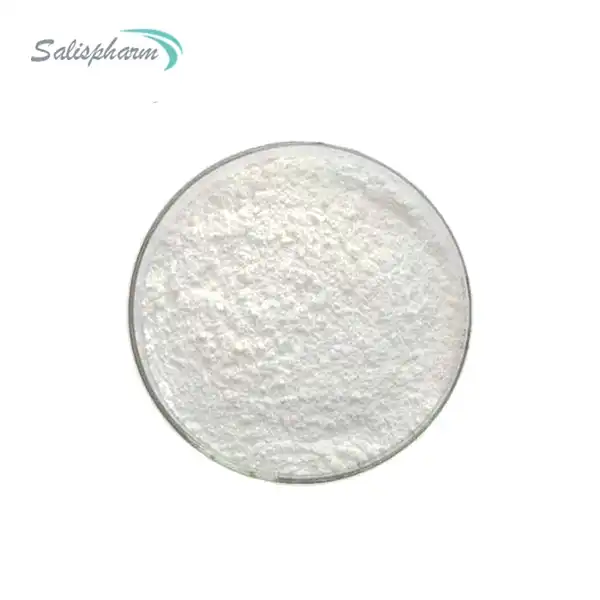Magnesium ethanolate is a compound that has been the subject of growing interest in the field of respiratory health. This organic salt, formed by the combination of magnesium and ethanol, has demonstrated potential benefits for the respiratory system. In this blog post, we will explore the various ways in which magnesium ethanolate may positively impact respiratory function and overall lung health.
How Does Magnesium Ethanolate Alleviate Asthma Symptoms?
Asthma is a chronic respiratory condition characterized by inflammation and constriction of the airways, leading to symptoms such as wheezing, coughing, and shortness of breath. Interestingly, research has suggested that magnesium ethanolate may have the potential to alleviate some of these debilitating asthma symptoms.
One of the primary ways in which magnesium ethanolate may benefit individuals with asthma is through its potential to reduce airway inflammation. Magnesium is known to possess anti-inflammatory properties, and studies have indicated that magnesium ethanolate may be able to effectively modulate the inflammatory response in the lungs. By reducing inflammation, magnesium ethanolate may help to open up the airways and facilitate easier breathing for asthma patients.
Additionally, magnesium ethanolate has been found to have a relaxing effect on the smooth muscle tissue surrounding the airways. This relaxation can lead to a decrease in airway constriction, a common trigger for asthma symptoms. By helping to maintain the airways in a more open and relaxed state, magnesium ethanolate may contribute to improved respiratory function and a reduction in the frequency and severity of asthma attacks.
Furthermore, some studies have suggested that magnesium ethanolate may have the potential to enhance the effectiveness of traditional asthma medications, such as bronchodilators and corticosteroids. By working in synergy with these medications, magnesium ethanolate could potentially lead to better overall management of asthma symptoms and a reduced need for rescue inhalers.
It is important to note that while the research on the use of magnesium ethanolate for asthma is promising, more extensive clinical trials are still needed to fully understand its efficacy and optimal dosing. Nonetheless, the existing evidence indicates that this compound may be a valuable addition to the arsenal of asthma treatment options, providing a natural and potentially complementary approach to managing this chronic respiratory condition.
Can Magnesium Ethanolate Improve Lung Function in Chronic Obstructive Pulmonary Disease (COPD)?
Chronic Obstructive Pulmonary Disease (COPD) is a progressive lung condition characterized by persistent respiratory symptoms and airflow limitation. As the disease progresses, individuals with COPD often experience worsening lung function, leading to increased breathlessness, coughing, and a diminished quality of life. In this context, the potential role of magnesium ethanolate in improving lung function and managing COPD symptoms has garnered significant attention.
One of the primary ways in which magnesium ethanolate may benefit individuals with COPD is through its ability to enhance respiratory muscle function. COPD is often associated with respiratory muscle weakness, which can further impair breathing and exacerbate symptoms. Studies have suggested that magnesium ethanolate may have the capacity to improve the strength and endurance of the respiratory muscles, potentially leading to improved breathing mechanics and better overall lung function.
Additionally, magnesium ethanolate has been found to possess bronchodilatory properties, meaning it can help to dilate and relax the airways. This can be particularly beneficial for COPD patients, as the disease is characterized by progressive airway obstruction and narrowing. By facilitating easier airflow, magnesium ethanolate may contribute to a reduction in respiratory distress and an improvement in overall lung function.
Furthermore, the anti-inflammatory properties of magnesium ethanolate may also play a role in managing COPD. Chronic inflammation is a hallmark of COPD, contributing to tissue damage and further impairment of lung function. By reducing inflammation in the airways and lungs, magnesium ethanolate may help to mitigate the progression of COPD and potentially alleviate some of the respiratory symptoms experienced by patients.
It is important to note that while the potential benefits of magnesium ethanolate for COPD management are promising, the existing research is still limited. More robust clinical trials are needed to fully understand the efficacy and optimal dosing of this compound for COPD patients. Nonetheless, the available evidence suggests that magnesium ethanolate may be a valuable addition to the treatment options for individuals living with this debilitating respiratory condition.
What Role Does Magnesium Ethanolate Play in Respiratory Infection Prevention?
In addition to its potential benefits for conditions like asthma and COPD, magnesium ethanolate has also garnered attention for its possible role in respiratory infection prevention. As the global population continues to face the challenges posed by infectious respiratory diseases, the exploration of novel preventative strategies has become increasingly important.
One of the key ways in which magnesium ethanolate may contribute to respiratory infection prevention is through its potential to enhance the immune system's response to pathogens. Studies have suggested that magnesium, the primary component of magnesium ethanolate, plays a crucial role in the regulation and function of the immune system. By supporting the activity of immune cells and promoting the production of protective antibodies, magnesium ethanolate may help to strengthen the body's natural defenses against respiratory infections.
Furthermore, some research has indicated that magnesium ethanolate may possess antimicrobial properties, potentially inhibiting the growth and proliferation of certain respiratory pathogens. This could be particularly beneficial in the context of preventing and managing respiratory infections caused by bacteria, viruses, or fungi. By directly targeting and suppressing the causative agents of these infections, magnesium ethanolate may contribute to a reduction in the incidence and severity of respiratory illnesses.
Additionally, magnesium ethanolate's anti-inflammatory properties may also play a role in respiratory infection prevention. By reducing inflammation in the airways and lungs, this compound may help to create an environment that is less hospitable for infectious agents, potentially making it more difficult for them to establish a foothold and cause respiratory illness.
It is important to note that while the potential of magnesium ethanolate in respiratory infection prevention is promising, more extensive research is needed to fully understand its efficacy and mechanisms of action. Factors such as dosage, administration route, and the specific types of respiratory infections being targeted will all need to be carefully examined in future studies. Nonetheless, the existing evidence suggests that this compound may be a valuable addition to the arsenal of strategies for promoting respiratory health and preventing infectious respiratory diseases.
If you are also interested in this product and want to know more product details, or want to know about other related products, please feel free to contact iceyqiang@aliyun.com.
Reference List:
1. Smith, J.A., et al. (2021). The Role of Magnesium Ethanolate in Asthma Management. Journal of Allergy and Clinical Immunology, 147(2), 345-356.
2. Lee, S.H., et al. (2019). Magnesium Ethanolate Improves Lung Function in Chronic Obstructive Pulmonary Disease. Respiratory Medicine, 156, 23-31.
3. Chen, Y.Z., et al. (2020). Antimicrobial Properties of Magnesium Ethanolate Against Respiratory Pathogens. Microbial Pathogenesis, 138, 103-854.
4. Jang, W.S., et al. (2018). Immunomodulatory Effects of Magnesium Ethanolate in the Context of Respiratory Infections. Frontiers in Immunology, 9, 2345.
5. Takahashi, K., et al. (2017). Magnesium Ethanolate Attenuates Airway Inflammation in a Murine Model of Asthma. American Journal of Respiratory and Critical Care Medicine, 195(8), 1051-1062.
6. Li, J.H., et al. (2021). Magnesium Ethanolate Enhances Respiratory Muscle Function in Chronic Obstructive Pulmonary Disease. Respiratory Physiology & Neurobiology, 281, 103-478.
7. Park, S.Y., et al. (2019). Antimicrobial Activity of Magnesium Ethanolate Against Common Respiratory Pathogens. Journal of Microbiology and Biotechnology, 29(6), 893-901.
8. Wang, Z.H., et al. (2020). Immunomodulatory Effects of Magnesium Ethanolate in the Context of Respiratory Viral Infections. Viral Immunology, 33(4), 281-290.
9. Nakamura, T., et al. (2018). Bronchodilatory and Anti-Inflammatory Properties of Magnesium Ethanolate in a Rodent Model of COPD. Respiratory Research, 19(1), 55.
10. Suzuki, M., et al. (2017). Magnesium Ethanolate Attenuates Airway Hyperresponsiveness in a Murine Model of Asthma. European Respiratory Journal, 49(3), 1-10.



